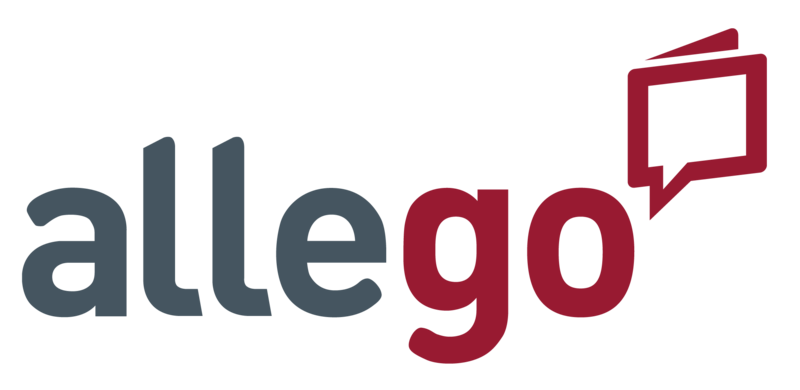ATD Blog
Sales Reps Learn Best Through Informal Learning
Mon Sep 09 2019

How many times a week do you hear the phrase, “I’ll google it?” Instead of breaking out a textbook or heading to the library when we don’t have the answer, we usually find what we need online within minutes. It’s a seemingly simple task, but it has revolutionized how we learn in the 21st century.
With that in mind, it’s unsurprising that nearly 90 percent of professional learning is informal and experiential. In other words, most learning occurs out in the real world, not in the classroom. When we access Google or YouTube, we’re learning informally.
Despite the prevalence of this type of modern learning, formal training activities still comprise a staggering 90 percent of sales onboarding and training programs. The statistics don’t lie—sales reps forget upward of 90 percent of what they learn in lecture-style training within 30 days. And if sales training fails, the results are lost deals, missed quotas, and revenue shortfalls.
Formal Learning Falls Short
Most sales training includes a concentrated onboarding boot camp and infrequent sales meetings. These types of formal learning practices result in poorly retained information as well as assume a one-size-fits-all approach that fails to consider the strengths and weaknesses of individual sales reps. What’s more, there’s minimal support for salespeople in the field, making peer collaboration incredibly difficult, especially for sales teams that work in different geographic locations.
What should sales teams offer instead? Successful sales enablement incorporates modern learning principles. Consider these practices:
Use microlearning. Rather than presenting lengthy, information-packed sessions, develop bite-sized chunks of content that give reps up-to-date, easy-to-consume information.
Offer reinforcement. Instead of being taught and forgotten, spaced reinforcement of learning ensures that concepts are retained in long-term memory.
Personalize learning. Personalization ensures that learning is focused on every learner’s unique needs instead of wasted on demonstrated competencies.
Deliver anytime, anywhere content. To meet the rapid pace of change, modern learning content is easy to create, access, and consume from mobile devices whenever reps need it. Examples include short-form videos, podcasts, and voice-over PowerPoint presentations.
Enter Informal Learning
Unlike traditional formal learning, informal learning uses the same effective approach that learners use every day in their personal lives. Informal learning gives sales reps access to the right information, from the right sources, at the right time. Here are some examples:
Insights and best practices: Share experiences from the field to help others learn from individual successes and mistakes.
Just-in-time learning: Access materials at the time of need to prepare for specific sales activities.
Ad hoc coaching: Work with managers and subject matter experts to hone a pitch or other buyer-facing activities to foster better coach-salesperson interactions.
Peer collaboration: Share best practices and expertise and interact in asynchronous discussions.
A Modern Learning Approach Takes Shape
The best sales training approaches use informal and formal learning, but formal learning practices must change to achieve success. For instance, formal learning should be about rote knowledge as well as the application of knowledge in the field. In addition, focus formal training on outcomes like certifications that ensure sales reps can handle objections dynamically and perform in the real world. Finally, personalize formal learning for each salesperson based on responsibilities and competencies. One-size-fits-all training no longer meets the needs of today’s B2B sellers.
Even better, change your learning approach from one that is 90 percent focused on formal training, to one that is 10 percent on formal learning and 90 percent on informal learning. This will look vastly different from the traditional approach.
New reps will receive customized training that’s tailored to their role.
Content that’s easy to consume, such as video, will be combined with reinforcement exercises for knowledge retention.
Certifications will ensure real-life competency before salespeople go into the field.
Mobile accessibility helps reps easily access content anytime, anywhere; share insights and questions with peers; and engage in ad hoc coaching with managers.
A modern learning approach delivers knowledge more effectively, ensures retention, and sets the foundation for improved sales communication and peer-to-peer collaboration. This style of learning ensures reps are ready to sell and succeed every time.
Want to learn more? Allego is proud to sponsor ATD Sell, October 8-9, in Las Vegas, Nevada. Come talk to us about how you can incorporate modern learning into your sales training to improve sales performance.

